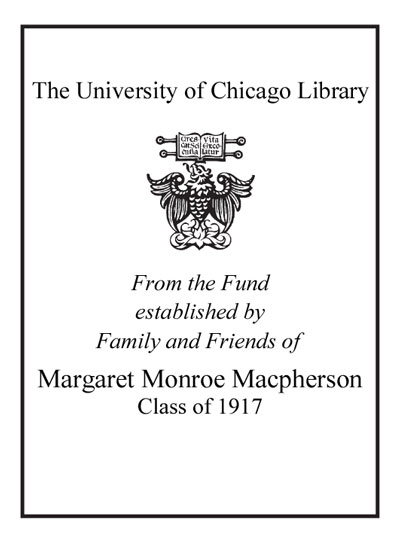Review by Choice Review
Writing in his typical straightforward, lively, and engaging style, Ellis once again reveals how his Rational Emotive Behavior Therapy (REBT) applies to real-life situations. The volume begins with an overview of REBT that will help those unacquainted with this therapeutic method benefit from the work. REBT, the author points out, is a form of tolerance training, focusing on unconditional self-acceptance, unconditional other acceptance, and unconditional life acceptance. Ellis explores how self-defeating beliefs, emotions, and actions can lead to intolerance and, in extreme cases, to tragedies (e.g., terrorism). This work can serve as a companion volume to Counseling and Psychotherapy with Religious Persons: A Rational Emotive Behavior Therapy Approach (CH, Dec'01). ^BSumming Up: Recommended. Lower-division undergraduates through faculty and professionals. General readers. J. Bailey Caldwell Community College and Technical Institute
Copyright American Library Association, used with permission.
Review by Publisher's Weekly Review
Now over 90 years old, the ebullient cognitive therapy pioneer Ellis has written more than 75 books, most of which advocate his brand of psychotherapy, Rational Emotive Behavior Therapy. Writing in the no-nonsense style that characterizes his public speaking, Ellis opens his latest with an overview of how his therapeutic principles evolved. Dismissing Freudian therapy as ineffectual and opposing Jung's mysticism, Ellis believes in helping clients banish self-defeating thoughts, or "negative nonsense," in order to take control of their lives. Ellis, who claims to have discovered his main idea that people largely upset themselves with these negative thoughts in classical and Asian philosophy, recommends his teachings as a general guide to life. Assuming religious belief to be the most prevalent popular philosophy, he discusses with the cautiousness of a self-declared atheist some of the benefits of religious belief but warns against fundamentalism. He also pours doubt on religion's capacity for improving thought processes. And he takes on not for the first time Ayn Rand's Objectivism, using some entertainingly gossipy anecdotes culled from personal encounters with her. Throughout, Ellis demonstrates how it might be possible to salvage religion's humanistic and caring aspects for the purposes of therapy. Ellis's fans will enjoy his characteristically forthright engagement with definitions of spirituality and his honest, lively reappraisal of his own thought. (Sept.) (c) Copyright PWxyz, LLC. All rights reserved
(c) Copyright PWxyz, LLC. All rights reserved
Review by Choice Review
Review by Publisher's Weekly Review

